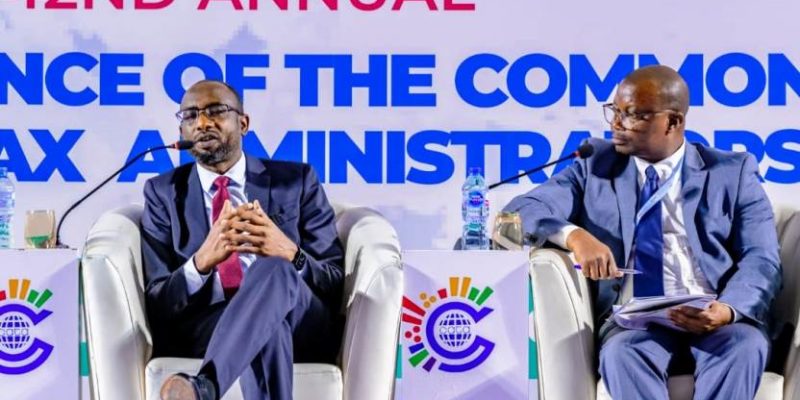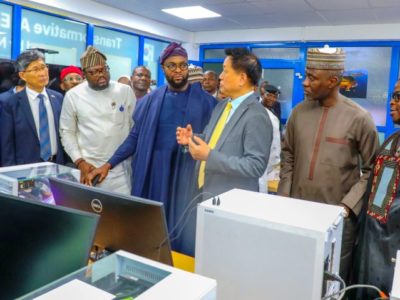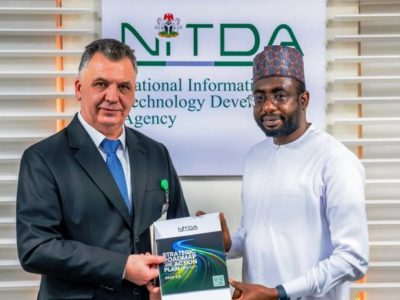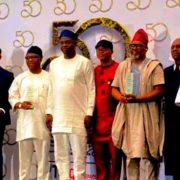Digitisation programme of the Federal Government could enhance efficiency in taxation and boost internally generated revenue (IGR), Director General of the National Information Technology Development Agency (NITDA), Kashifu Inuwa Abdullahi, has said.
The NITDA boss spoke as a panelist at the recent 22nd Annual Technical Conference of the Commonwealth of the Association of Tax Administrators (CATA) organised by the Federal Inland Revenue Service (FIRS) in Abuja.
RELATED: NITDA boss reiterates commitment to empowering youths to drive digital economy
He noted that Ministry of Communications and Digital Economy, the supervisory ministry of NITDA, has put regulatory framework in place to check anomalies in tax payment process to ensure transparency and accountability as well as building the confidence of taxpayers in the system.
He said the digital literacy and skills programme being run by the NITDA will help in ensuring that Nigerians are digitally literate and can use digital platforms to access government services.
He added that the programme will be achieved through the agency’s ambitious target of achieving 95% digital literacy among Nigerians by 2030 through steady digital capacity building and empowerment of citizens.
“People, process and technology are critical components of Nigeria’s digitisation programme whose potentials must be harnessed and channeled to the path for sustainable progress of the nation,” said Abdullahi adding that issues of taxation are tied to data, security of taxpayers, their information and confidentiality – all of which NITDA was already working on to foster strategies for citizens’ data protection.
According to him, the Federal Government has established a commission, Nigeria Data Protection Bureau to ensure data security of Nigerians particularly to ensure that taxpayers are protected.
His words: “Digitisation of the tax system will help Nigeria achieve five things; it will safeguard privacy of taxpayers, enhance performance competition, improve accountability, reform governance and entrench democracy.
“Statistics show that cyber security costs the World seven trillion dollars and is projected to reach ten trillion dollars by 2025. Though it is an expensive project, but effective and functional cyber security will turn around the fortunes of the country for the better.”
He assured the participants that NITDA was focused on working within its mandate to improve the functionality of technology components that will enhance taxation processes in the country.
“Leveraging the digital development potentials of artificial intelligence, blockchain among other areas will accelerate the processes of strengthening the Nigeria Digital Economic Project,” Abdullahi said.
































